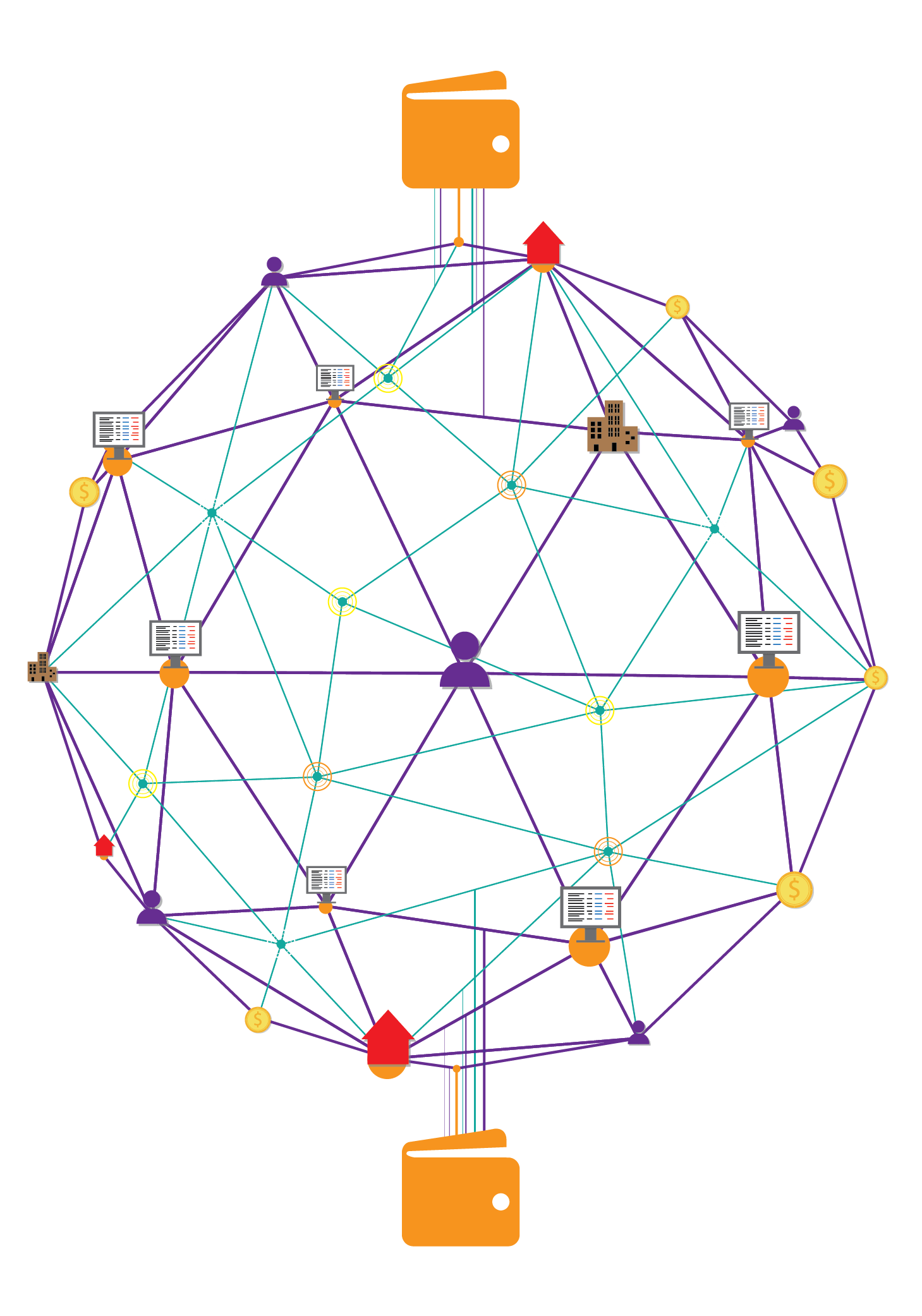The Role of Cryptocurrency Exchanges in Today’s Digital Economy
Cryptocurrency exchanges are the cornerstone of the digital economy, acting as pivotal platforms for trading cryptocurrencies. These exchanges facilitate the buying, selling, and storing of crypto assets, serving as a bridge between traditional fiat currencies and digital currencies. The role of these exchanges extends beyond mere facilitation of transactions, they are instrumental in shaping the cryptocurrency markets. They provide essential services such as price determination, market liquidity, and the provision of crypto market data. Many cryptocurrency exchanges have emerged, each offering distinct features and levels of security, user-friendliness, and reliability. The choice of exchange is crucial for investors and traders, as it impacts their experience and success in the crypto world. However, these platforms also face challenges, particularly in terms of security. Instances of hacking and fraud have underscored the importance of robust security measures in protecting users cryptocurrency holdings. Furthermore, regulatory scrutiny presents another significant challenge, as authorities worldwide grapple with how best to oversee these relatively new entities.
The advantage of using an “essay service promo code” extends beyond mere financial savings. It represents an opportunity for students to benefit from professional writing services that can enhance the quality of their essays, research papers, or any other academic writing task. With an essay service promo code, students can invest in their education more wisely, ensuring they receive top-notch assistance without breaking the bank.
Digital Currency: The New Era of Financial Transactions
Digital currency is revolutionizing financial transactions, offering an alternative to traditional currencies controlled by governments and central banks. Unlike fiat currencies, digital currencies operate on a decentralized system, which means they are not subject to the same regulatory or political influences. This decentralization offers a level of financial freedom and privacy not possible with traditional currencies. The rise of digital currency has also spurred the growth of online payments and cryptocurrency payments systems, with an increasing number of businesses beginning to accept bitcoin and other cryptocurrencies. This shift is not only changing how we conduct transactions but is also challenging the very concept of money. For students delving into finance, economics, or digital technologies, understanding these trends is crucial. Seeking college homework help can provide them with the guidance needed to navigate these complex topics, offering support in research, analysis, and the creation of comprehensive assignments that explore the implications of digital currencies on the global economy. Digital currencies are also making financial services more accessible, especially in underbanked regions of the world. However, this new era comes with its challenges. The volatility of digital currencies, concerns about security, and the environmental impact of cryptocurrency mining are significant issues that need addressing. As the use of digital currencies grows, so does the need for clear regulations and sustainable practices.





